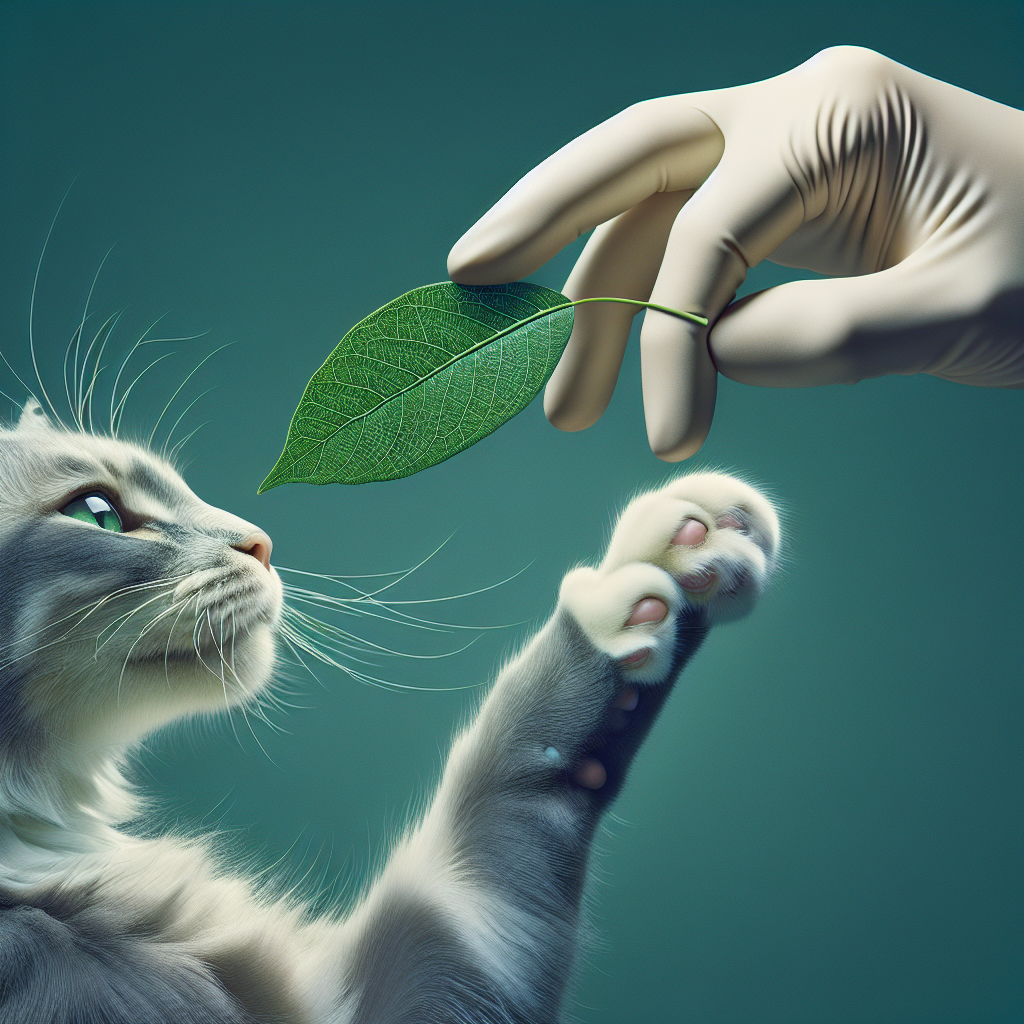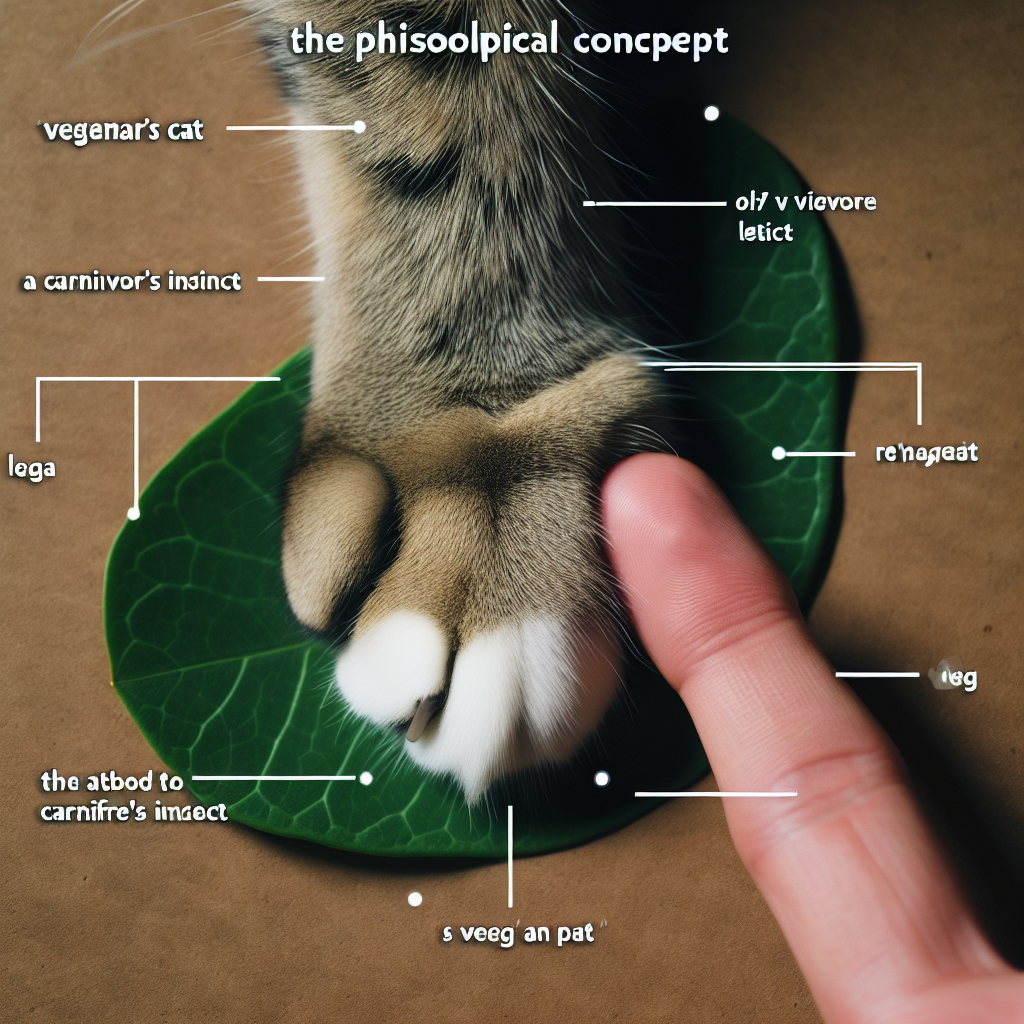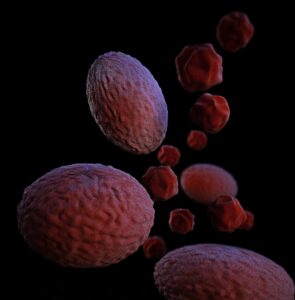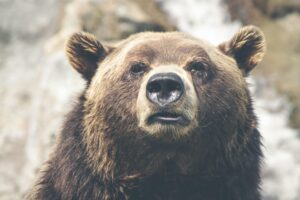Imagine a furry friend who not only snuggles up with you at night, but also shares your plant-based lifestyle. Yes, you read that right: a vegan cat. It may sound peculiar at first, but with the growing popularity of veganism, some pet owners are opting to put their feline companions on a meat-free diet. Advocates claim that a plant-based diet for cats can provide all the necessary nutrients, while also eliminating the ethical dilemma of supporting the meat industry. However, skepticism remains as experts weigh in on whether such a diet truly meets a cat’s nutritional needs. In this article, we will explore the controversial topic of vegan cats, examining both the arguments for and against this alternative diet.
Introduction to Vegan Cats
What is a vegan diet?
A vegan diet, as the name implies, is a plant-based diet that excludes any animal products. It focuses on consuming foods derived from plant sources, such as fruits, vegetables, grains, legumes, and nuts. Many people choose a vegan lifestyle for ethical, environmental, or health reasons. While humans can thrive on a vegan diet, the same cannot be said for animals, including cats.
Can cats be vegan?
Cats, by nature, are obligate carnivores. This means that their bodies are designed to predominantly survive on a meat-based diet. Unlike humans, cats have specific dietary requirements that are essential for their overall health and well-being. These requirements include specific nutrients that are only found in animal products, making it challenging to provide a nutritionally complete and balanced vegan diet for cats.
Controversy surrounding vegan cat diets
The concept of feeding cats a vegan diet has sparked intense debate within the veterinary community and among cat owners. Those who advocate for vegan cat diets argue that it is a more ethical choice, promoting animal welfare and reducing the environmental impact associated with the meat industry. On the other hand, opponents argue that it goes against a cat’s physiological needs and may lead to various health issues. Ultimately, it is crucial to understand the specific dietary requirements of cats before considering a vegan diet for them.
Understanding Cat Dietary Requirements
Carnivorous nature of cats
Cats are carnivores by nature, meaning their bodies are adapted to efficiently digest and utilize nutrients from animal-based ingredients. Unlike omnivores or herbivores, cats have unique physiological characteristics that require specific nutrients, such as taurine and arachidonic acid, found exclusively in animal tissues. This biological adaptation is a result of their evolutionary history as hunters and predators.
Essential nutrients for cats
Cats require certain nutrients to maintain their health, including high-quality protein, essential amino acids, vitamins (such as vitamin A and D), minerals (such as calcium and phosphorus), and fatty acids. These nutrients play crucial roles in various bodily functions, including growth, tissue repair, energy metabolism, and immune system support. Meeting these nutrient requirements is essential for the overall longevity and well-being of cats.
Taurine and its importance
Taurine is an amino acid that cats cannot produce naturally in sufficient amounts. It is vital for the proper functioning of a cat’s heart, eyes, and reproductive system. Without adequate taurine, cats can develop serious health issues, such as vision problems and heart disease. Taurine is primarily found in animal tissues, making it a critical nutrient that must be supplied through a meat-based diet.
Protein requirements
Protein is a vital component of a cat’s diet, as it provides the necessary amino acids for essential bodily functions. Cats have higher protein requirements compared to many other animals, reflecting their carnivorous nature. Animal-based proteins contain all the essential amino acids in the correct proportions, making them the most bioavailable and easily digestible sources of protein for cats.
Benefits of meat-based diets for cats
Feeding cats a meat-based diet has numerous benefits. Animal proteins provide the necessary essential amino acids in the correct ratios, contributing to strong muscles, healthy skin and coat, and optimal organ function. Additionally, meat-based diets are typically more palatable to cats, ensuring they consume adequate amounts of food to meet their energy needs. The inclusion of animal products in a cat’s diet also ensures the provision of essential nutrients, such as taurine, arachidonic acid, and various vitamins and minerals, all crucial for their overall health.

Vegan Diets for Cats
Reasons behind vegan cat diets
Despite the carnivorous nature of cats, some people still choose to feed their feline companions a vegan diet. The motivations behind this decision often stem from ethical concerns about the treatment of animals in the meat industry or environmental sustainability. Vegan cat diets aim to minimize the use of animal products and promote a cruelty-free lifestyle. However, it is essential to recognize the potential challenges and risks involved in attempting to meet a cat’s dietary requirements without animal-sourced ingredients.
Ingredients commonly found in vegan cat food
Vegan cat food attempts to provide nutritionally balanced meals without the use of animal-based ingredients. Instead, these products rely on plant-based protein sources, such as soy, peas, and lentils. Some of the common ingredients found in vegan cat food include grain-based proteins, vegetable oils, essential fatty acid supplements, and a variety of plant-based nutrients. However, replicating the complete nutritional profile of a meat-based diet for cats can be exceedingly difficult.
Nutritional supplements for vegan cats
To compensate for the lack of certain essential nutrients in a vegan cat diet, supplements are often recommended. These typically include taurine, which is crucial for cats, as well as other vitamins and minerals that may be deficient in plant-based diets. It is important to consult with a veterinarian to determine the appropriate supplementation for a vegan cat’s specific needs.
Feeding guidelines for vegan cats
Feeding guidelines for vegan cats may slightly differ from those of cats consuming meat-based diets. It is crucial to carefully read and follow the instructions provided by the manufacturer of vegan cat food. The portion sizes and frequency of feeding should be based on the cat’s weight, age, activity level, and individual dietary requirements. Regular monitoring of the cat’s weight, body condition, and overall health is also essential to ensure they are thriving on a vegan diet.
Vegan cat food alternatives
If one chooses to pursue a vegan diet for their cat, it is important to explore alternative options to traditional commercial vegan cat food. Some companies offer specialized vegan cat food formulations that aim to provide a more nutritionally complete diet. Alternatively, homemade diets that meet a cat’s specific nutrient needs may also be an option. However, it is crucial to work closely with a veterinarian or a veterinary nutritionist to ensure the homemade diet is nutritionally adequate and balanced.
Health Considerations and Risks
Potential health risks of vegan diets for cats
Feeding cats a vegan diet carries potential health risks. Since a vegan diet lacks essential nutrients that are exclusively found in animal-based ingredients, cats may experience deficiencies that can lead to serious health issues. These can include taurine deficiency, vitamin A deficiency, and imbalances in essential fatty acids, among others. It is important to be aware of these potential risks and take the necessary steps to mitigate them if choosing a vegan diet for a cat.
Concerns regarding nutrient deficiencies
Cats have specific nutrient requirements that can be challenging to fulfill solely through a vegan diet. For instance, cats require pre-formed vitamin A, which is only readily available from animal-based sources. Deficiencies in key nutrients, including taurine, arachidonic acid, and vitamin D, can have serious consequences on a cat’s health. It is critical to work closely with a veterinarian to monitor a cat’s nutrient levels and address any potential deficiencies.
Impact on feline physiology and digestion
The feline digestive system and physiology are adapted to process and metabolize animal-based ingredients efficiently. Plant-based diets differ significantly in terms of nutrient composition, bioavailability, and digestibility. Cats may struggle to derive the necessary nutrients from plant-based sources, leading to malabsorption issues and inadequate nutrient utilization. This can negatively impact a cat’s overall health and result in long-term health complications.
Allergies and sensitivities
Cats, like humans, can develop allergies and sensitivities to certain foods. While meat-based diets can also trigger allergies in some cats, the risk may be increased with plant-based diets due to the potential presence of novel plant-based ingredients. Allergies can manifest as skin issues, gastrointestinal problems, or respiratory difficulties. Regular veterinarian check-ups and careful monitoring of a cat’s health are essential when implementing a vegan diet to identify and address any potential allergies or sensitivities.
Monitor your cat’s health regularly
Regardless of a cat’s dietary choice, regular health monitoring is vital in ensuring their overall well-being. It is recommended to maintain a close relationship with a veterinarian who can perform regular check-ups, assess nutrient levels, and address any health concerns. Monitoring a cat’s body condition, weight, coat quality, and energy levels can provide valuable insights into their health and help identify any potential issues that may arise from a vegan diet.
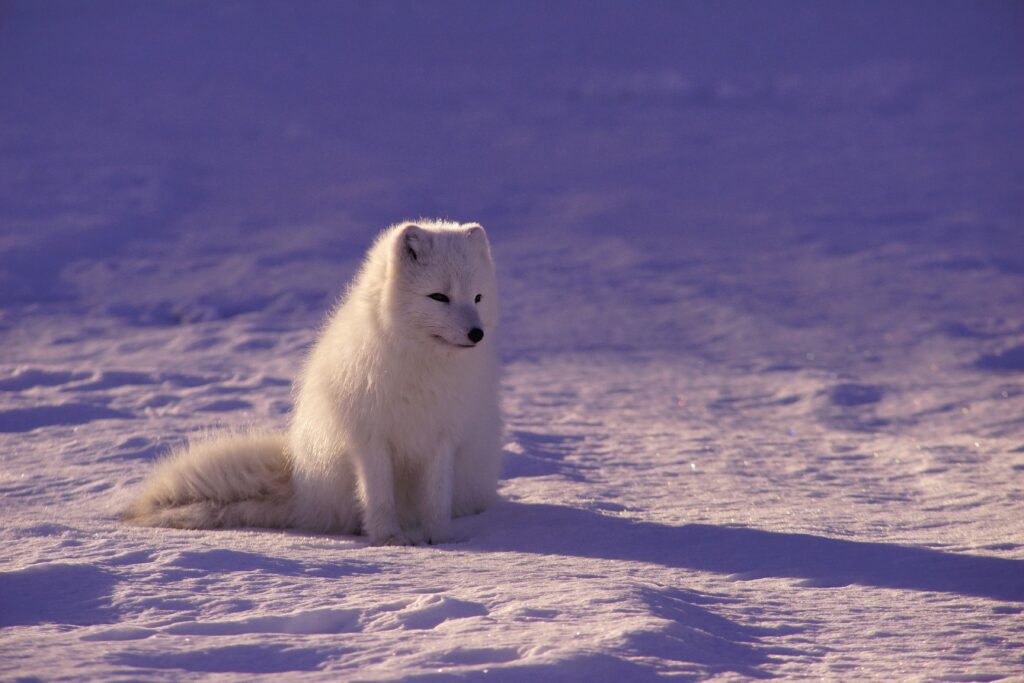
Case Studies and Experiences
Success stories of vegan cats
There are anecdotal reports of cats thriving on vegan diets, which may be attributed to individual variations in a cat’s ability to adapt to different diets. Some cat owners have reported positive changes in their cats’ health, including improvements in skin and coat condition, weight management, and energy levels. These success stories often involve closely monitoring nutrient levels, using specialized vegan cat food, and providing appropriate supplementation.
Challenges faced by vegan cat owners
Vegan cat owners face several challenges when attempting to provide a nutritionally balanced vegan diet for their pets. Meeting cats’ specific dietary requirements with plant-based ingredients alone can be difficult, and ensuring that all essential nutrients are adequately provided is a constant concern. Additionally, finding commercial vegan cat food that meets nutritional standards may be challenging, and homemade diets require careful planning and consultation with experts to avoid potential deficiencies.
Veterinarian perspectives on vegan cats
Opinions among veterinarians regarding vegan cat diets vary, reflecting the ongoing debate on the topic. While some veterinarians may cautiously support vegan diets with proper nutrition and supplementation, others may express skepticism due to the potential health risks involved. It is important for cat owners considering a vegan diet for their cats to seek advice from a veterinarian who is knowledgeable about feline nutrition and can provide personalized recommendations based on the cat’s specific needs.
Ethical considerations and personal beliefs
Deciding what to feed a beloved pet involves balancing personal beliefs, ethical considerations, and the nutritional needs of the animal. While some individuals prioritize the ethical implications of consuming animal products and choose to extend these beliefs to their pets, others believe that meeting a cat’s specific nutritional requirements should take precedence over personal convictions. It is essential for cat owners to carefully consider the impact of their decisions on their cat’s health and well-being.
Expert Opinions and Research
Studies on vegan diets for cats
Limited scientific research has been conducted specifically on the long-term impacts of vegan diets on cats. However, some studies have explored the use of vegan diets in cats under controlled conditions. These studies have found that vegan diets can lead to nutrient deficiencies, especially in taurine, vitamin A, and arachidonic acid. The long-term effects of such deficiencies can have serious health implications for cats, highlighting the importance of providing appropriate nutrition.
Arguments supporting vegan cat diets
Advocates for vegan cat diets argue that with careful planning, supplementation, and monitoring, cats can lead healthy lives on a plant-based diet. They emphasize the ethical and environmental benefits, as well as the potential health advantages associated with reduced exposure to antibiotics and environmental contaminants found in some meat-based pet foods. However, it is important to note that these claims are often based on anecdotal evidence rather than scientific research.
Criticism and skepticism from experts
Numerous experts in feline nutrition express skepticism and criticism towards vegan diets for cats. They emphasize the evolutionary and physiological adaptations of cats as obligate carnivores, highlighting the importance of providing a diet that closely resembles their natural prey. Skeptics argue that attempting to meet a cat’s nutritional needs without animal-based ingredients could pose significant risks to their health and well-being.
Finding a balanced viewpoint
As with any controversial topic, finding a balanced viewpoint is essential when considering a vegan diet for a cat. It is important to critically evaluate the available scientific evidence, consider the experiences of other cat owners, and consult with knowledgeable professionals in feline nutrition. While further research is needed on the long-term effects of vegan diets in cats, a cautious approach that prioritizes a cat’s nutritional needs is generally recommended.

Transitioning to a Vegan Cat Diet
Gradual transition process
If one decides to transition their cat to a vegan diet, it is crucial to do so gradually. Abrupt diet changes can disrupt a cat’s digestive system and lead to gastrointestinal upset. Start by slowly introducing small amounts of vegan cat food alongside their regular diet. Over a period of several weeks, gradually increase the proportion of vegan food while decreasing the amount of traditional cat food. This gradual transition allows the cat’s digestive system to adapt and minimize any potential digestive issues.
Monitoring your cat’s response
During the transition phase and after fully transitioning to a vegan diet, it is essential to monitor your cat’s response closely. Observe any changes in their appetite, digestion, stool consistency, coat quality, and overall energy levels. Regularly checking their weight and body condition can also provide valuable insights into their health. If any concerning symptoms or issues arise, consult with a veterinarian immediately.
Consulting a veterinarian
Before embarking on a vegan diet for a cat, it is crucial to consult with a veterinarian who is knowledgeable about feline nutrition. They can assess the cat’s overall health, provide informed advice, and potentially recommend specific vegan cat food formulations or supplementation options. Veterinarians can also help monitor the cat’s progress and address any potential health concerns that may arise during the transition or maintenance of a vegan diet.
Understanding signs of potential issues
It is important to be proactive in identifying signs of potential issues when feeding a cat a vegan diet. Symptoms indicating nutrient deficiencies or imbalances may include weight loss or gain, poor coat condition, lethargy, gastrointestinal problems, urinary issues, or changes in behavior. Timely detection and intervention can help prevent more serious health complications. Regular veterinary visits and open communication with a veterinarian are essential for monitoring a cat’s health and addressing any concerns.
Modifying the diet as needed
Cats are individuals, and their dietary needs can vary. It is crucial to be open to modifying the diet as needed based on the cat’s individual response and any guidance from a veterinarian. Adjustments may include changes in the proportion of vegan cat food, alterations in the types of plant-based ingredients being used, or the addition of specific supplements to address potential deficiencies. Regular monitoring and ongoing communication with a veterinarian are key to ensuring optimal health and nutrition for a vegan cat.
Alternatives to Vegan Diets for Cats
Alternative dietary options for cats
For cat owners who are not comfortable feeding their cats a vegan diet, alternative dietary options have become increasingly popular. These options include commercially available meat-based cat foods that prioritize high-quality ingredients, such as human-grade meat and limited fillers. Additionally, there are “natural” or “holistic” cat food brands that aim to minimize additives, preservatives, and by-products, providing a more natural and nutritious diet for cats.
Raw feeding and homemade diets
Some cat owners opt for raw feeding or homemade diets to ensure complete control over the ingredients and nutritional composition of their cat’s meals. Raw feeding involves feeding cats a diet composed of raw meat and other uncooked animal products. Homemade diets require careful planning with the guidance of a veterinarian or veterinary nutritionist to ensure the diet is nutritionally balanced and meets the cat’s specific dietary requirements.
Combining vegan and meat-based diets
For cat owners who want to incorporate some vegan principles while still recognizing their cat’s carnivorous nature, combining vegan and meat-based diets can be an option. This approach involves incorporating a portion of vegan cat food alongside high-quality meat-based cat food to strike a balance between ethical considerations and the nutritional needs of the cat. It is important to consult with a veterinarian to ensure an appropriate balance of nutrients is maintained.
Ethically-sourced and sustainable cat food
For those concerned about the ethical implications of commercial cat food, there are companies that focus on ethically-sourced and sustainable ingredients. These companies prioritize animal welfare, environmentally friendly practices, and transparency in the sourcing of their ingredients. Choosing such brands can provide cat owners with peace of mind regarding the ethical considerations associated with their cat’s diet while still ensuring proper nutrition.
Exploring other animal-free pet food
In recent years, there has been an increase in the availability of animal-free pet food options. These products aim to provide nutritionally complete diets while avoiding the use of any animal-sourced ingredients. They typically rely on plant-based proteins, supplemented with essential nutrients to meet a cat’s specific dietary requirements. While still relatively new and being subject to ongoing research, these alternatives may be worth considering for cat owners seeking a truly animal-free diet for their pets.
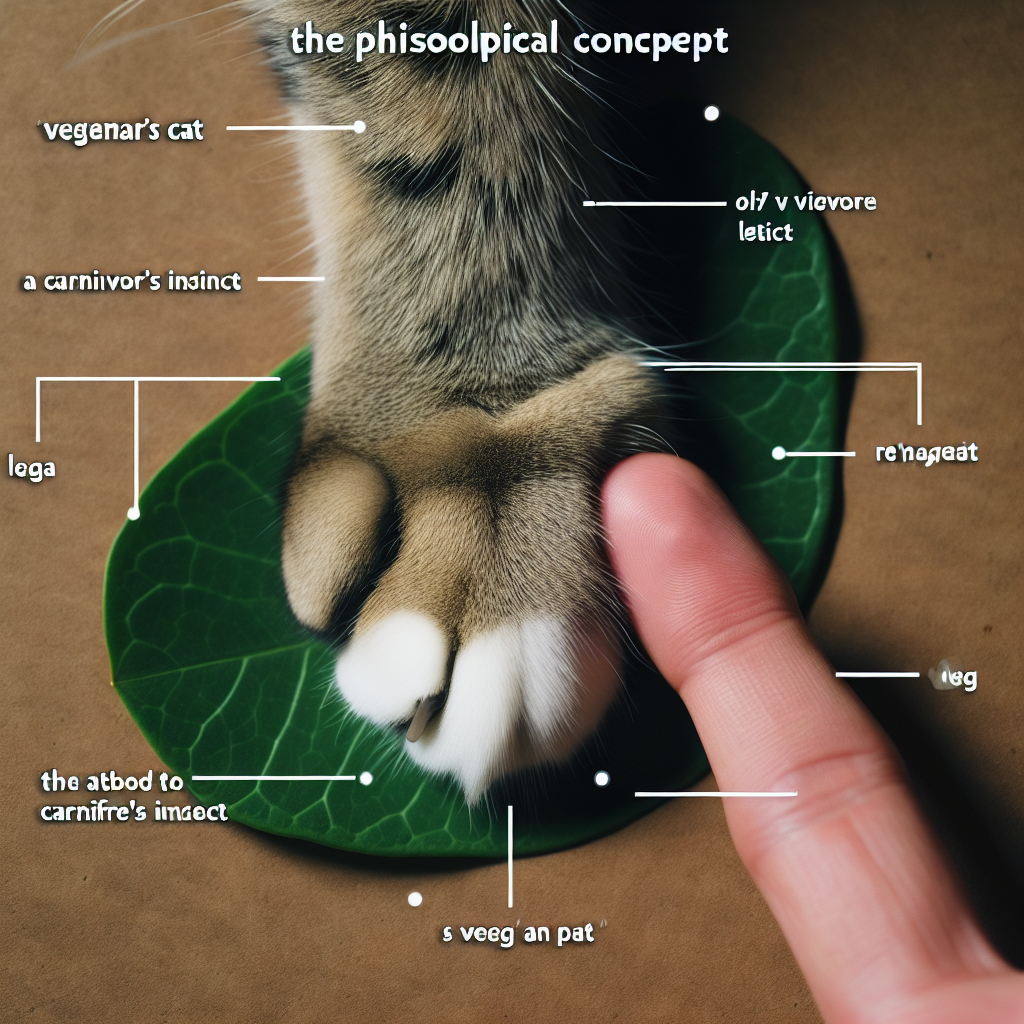
Ethical Considerations and Personal Beliefs
Ethics behind veganism and animal welfare
Choosing to adopt a vegan lifestyle often stems from concerns about animal welfare. Vegans advocate for the ethical treatment of animals, promoting a compassionate and cruelty-free way of living. These beliefs extend to various aspects of life, including dietary choices. For some cat owners, this can become a difficult ethical dilemma when it comes to their beloved companion animals, as cats have specific dietary needs that are met through the consumption of animal-based ingredients.
Feeding choices and personal convictions
Feeding a pet encompasses personal convictions, including ethical beliefs around the consumption of animal products. Some individuals may find it difficult to reconcile the ethical implications of traditional meat-based cat food with their vegan lifestyle. These individuals may choose to explore alternative dietary options, such as vegan or ethically-sourced cat food, in an effort to align their beliefs with their pet’s diet. It is important to balance personal convictions with the cat’s nutritional needs and overall health.
Balancing your beliefs with your cat’s needs
Making choices about a cat’s diet involves finding a balance between personal beliefs and the cat’s nutritional needs. It is important to recognize that cats have specific dietary requirements that are linked to their biology and evolutionary history. While it is admirable to prioritize ethical considerations, it is essential to ensure that the chosen diet meets all the nutritional needs of the cat. Striking a balance between personal convictions and the cat’s well-being is crucial for responsible pet ownership.
Supporting organizations and initiatives
For cat owners who are passionate about animal welfare and the promotion of ethical practices, there are numerous organizations and initiatives focused on improving animal welfare and advocating for responsible pet ownership. Supporting these organizations can help raise awareness, fund research, and promote the development of ethically-sourced, sustainable, and nutritionally complete pet food options. Participating in these initiatives can contribute to positive changes in the pet food industry and help address the ethical considerations surrounding pet diets.
Promoting responsible pet ownership
Regardless of the dietary choices made for a cat, responsible pet ownership goes beyond the food being provided. It involves providing a safe and stimulating environment, regular veterinary care, and meeting the cat’s physical and emotional needs. Cat owners should prioritize educating themselves on feline nutrition, staying updated with the latest research, and actively engaging in conversations that promote responsible pet ownership. By doing so, cat owners can ensure the overall well-being and happiness of their feline companions.
Conclusion
In conclusion, the idea of feeding cats a vegan diet is a topic that elicits passionate debates within the veterinary community and among cat owners. While cats are obligate carnivores and have specific dietary requirements, some individuals choose a vegan diet for their cats due to ethical, environmental, or personal beliefs. However, it is important to recognize the potential health risks and challenges associated with meeting a cat’s specific nutrient needs through a vegan diet.
Understanding a cat’s carnivorous nature, essential nutrient requirements, and the critical role of nutrients like taurine helps shed light on why a vegan diet may not be nutritionally appropriate for cats. While there are anecdotal success stories of cats on vegan diets, the lack of long-term scientific research and the skepticism expressed by many experts highlight the need for caution when considering such a dietary choice.
Transitioning to a vegan diet requires careful planning, monitoring, and supplementation to ensure all essential nutrients are adequately provided. Alternatives to vegan diets, such as high-quality meat-based diets, raw feeding, or combining vegan and meat-based diets, can also provide cat owners with viable options to address ethical concerns while meeting their cat’s nutritional needs.
Ultimately, finding a balanced viewpoint that considers a cat’s health and well-being, personal beliefs, and the latest scientific evidence is crucial. Consultation with a veterinarian who is knowledgeable about feline nutrition is essential for making informed decisions and ensuring the best possible diet for a cat. By navigating this decision-making process responsibly and staying informed about ongoing research, cat owners can prioritize their cat’s health and happiness while upholding their own ethical beliefs.
